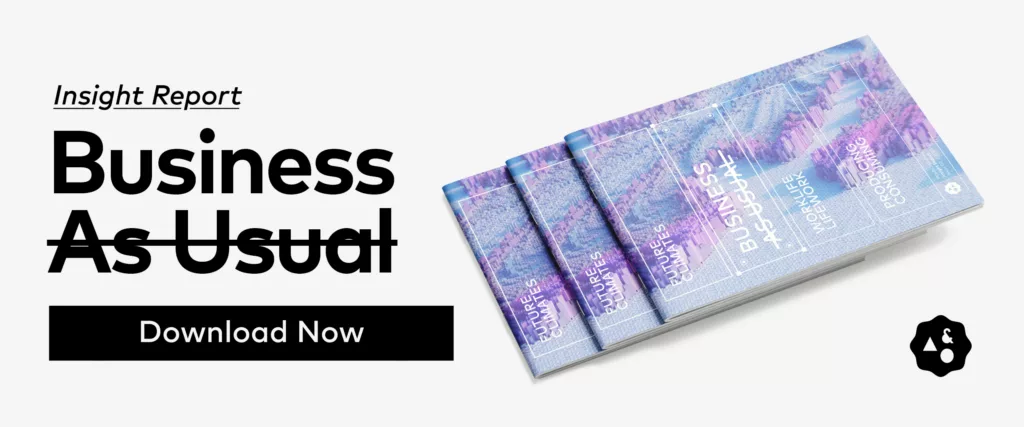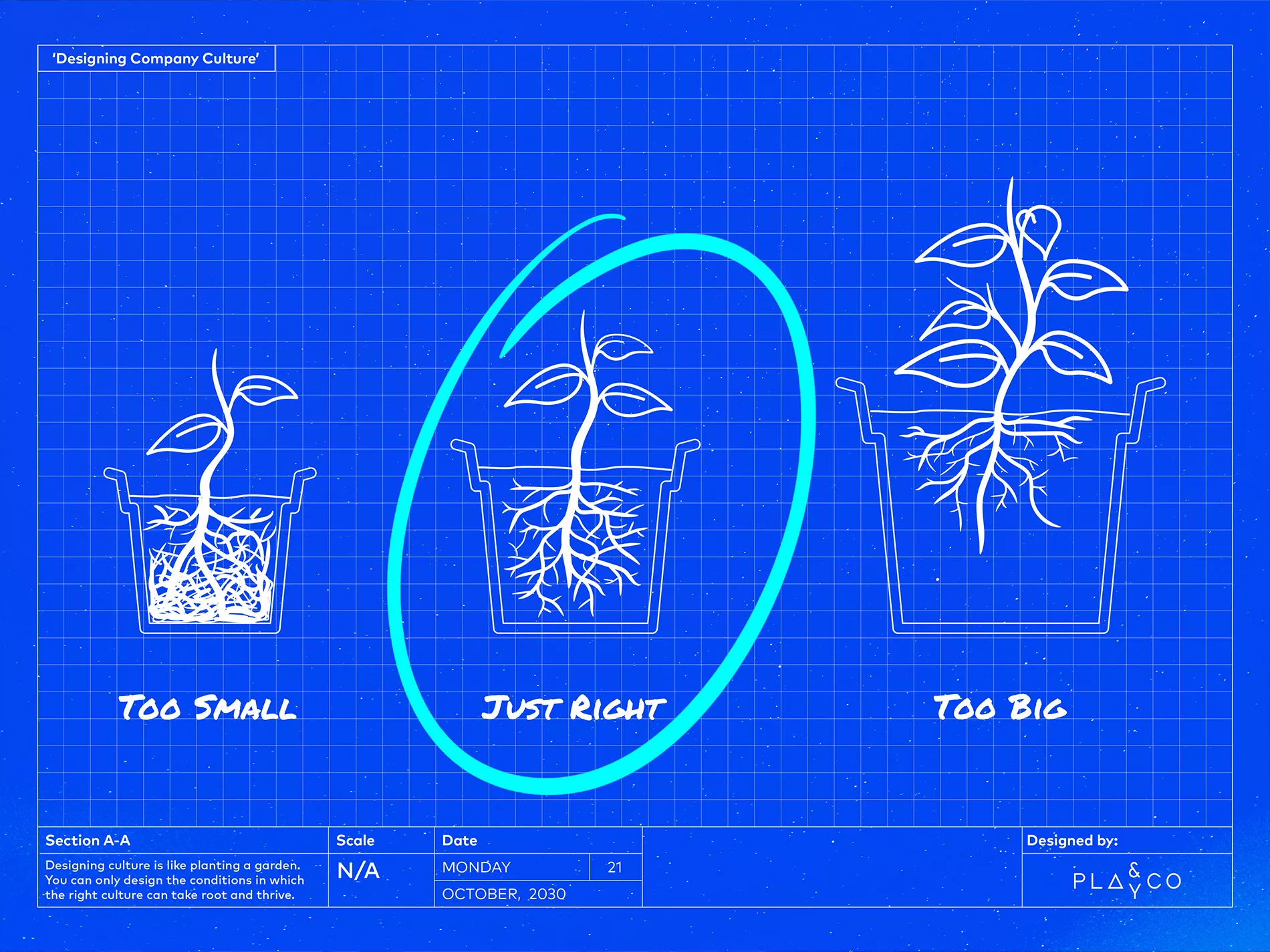In today's business landscape, the employee experience is paramount. Companies must embrace values-driven cultures and innovative engagement strategies — with top talent expecting more authentic and flexible workplace cultures. This alignment is vital for businesses to thrive in an interconnected world.
In today's ever-changing business world, one thing stands firm: the critical importance of the employee experience. This isn't a mere operational concern; the internal pulse, the very soul of a company, radiates outward, informing every touchpoint, from client interactions to brand perception. With the emergence of phenomena like "the great resignation" and the subtly disruptive "quiet quitting" trend, businesses face an unprecedented imperative: to craft a well-designed and implemented worker experience.
The COVID-19 pandemic's sweeping force has been a crucible of transformation. Beyond its immediate, tangible impacts, it engendered a profound global introspection. Individuals across professions, geographies, and life stages wrestled with existential queries about the nature of work, its integration with life's broader canvas, and the true pillars of job satisfaction. This introspective journey has given birth to a discernible shift—employees now seek roles that provide more than monetary sustenance. They pursue meaning, fluidity, and avenues for authentic personal and professional evolution. However, transitions of such magnitude are seldom smooth. The unexpected decline of titans like Silicon Valley Bank, coupled with a constriction in VC funding, has cast uncertain shadows, particularly over fledgling ventures and small businesses — of which 46.4% account for all US employees.
The Tangible Benefits of an Empowered Culture
Historical data and empirical studies have constantly alluded to the influence of organizational culture on business outcomes. Yet, recent Harvard studies have crystallized this understanding, underlining the direct correlation between a firm's cultural health and financial vitality. Such studies corroborate a transformative insight: companies that assiduously cultivate favorable cultural ecosystems aren't merely enhancing employee morale—they're bolstering their bottom line. Such environments enrich every stakeholder, from investors to entry-level employees. In this evolving milieu, the erstwhile magnetic pull of superficial workplace perks is waning. In its stead, there's a burgeoning appetite for workspaces that echo with authenticity, integrity, and value-centric imperatives.
The infusion of Gen Z into the professional realm has accelerated these cultural shifts. More than just another demographic entering the workforce, they are the vanguards of a novel paradigm. A particularly enlightening LinkedIn survey showcased this generation's inclination to prioritize alignment with organizational values, often sidelining traditional allurements like salary or title. The onus, therefore, is on businesses, both established and nascent, to metamorphose. They can only hope to magnetize and retain the best of talent by mirroring these evolving value systems.
A Holistic Approach to the Employee Experience
The art and science of constructing a positive employee experience is multi-dimensional. It requires curating tangible elements, like state-of-the-art workspaces, with intangibles that often escape the corporate radar. This includes transparent communication conduits, perpetual learning opportunities, and fostering an omnipresent sense of belonging. As businesses navigate the challenges and opportunities of the digital age, this harmonization becomes even more intricate, demanding finesse across brick-and-mortar and digital realms.
Alignment is the lynchpin. Businesses, irrespective of their size or sector, must ensure their vision, mission, and values nestle comfortably within the aspirations and values of their workforce.
Achieving this synergy entails the adoption of forward-thinking, actionable measures:
- Mental Health & Well-being Programs: In an era marked by increasing professional and personal stressors, the emphasis on mental health has never been more pronounced. Progressive companies are moving past traditional employee benefits and are investing in comprehensive mental well-being initiatives. Meditation retreats offer employees a sanctuary from the chaos of daily life, while in-house therapeutic interventions provide immediate support to those navigating challenges. Moreover, the introduction of periodic mental rejuvenation breaks isn't just a boon for employee morale but a testament to a company's commitment to holistic well-being.
- Open Feedback Platforms: Beyond the veneer of corporate hierarchy lies an ecosystem of insights, often untapped. Employees, irrespective of their positions, are repositories of experiential knowledge. Open feedback platforms, especially when they're anonymous, empower them to share candid insights and constructive criticisms. This fosters a culture of trust and transparency and provides decision-makers with grassroots-level intelligence. In the long run, these platforms can serve as potent tools for continuous improvement, innovation, and strategic recalibration.
- Skill Development Workshops: The contemporary professional landscape constantly changes, with emerging technologies and methodologies redefining the status quo. Companies prioritizing skill development through regular workshops and training sessions enjoy dual benefits. First, they ensure their workforce remains at the cutting edge, primed to leverage new opportunities. Second, these developmental initiatives underscore an employer's commitment to long-term employee growth, fostering loyalty and reducing attrition.
- Flexible Work Arrangements: The conventional 9-to-5 work model is increasingly archaic in today's digital age. Employees, with their diverse life situations and personal commitments, crave flexibility. Companies that introduce and normalize hybrid work models, offering both in-office and remote working options, send a clear message: they value and respect individual needs. This flexibility can increase productivity, work-life balance, and job satisfaction.
- Community Outreach Initiatives: Corporate social responsibility has evolved from a buzzword to an actionable imperative. Companies achieve multiple objectives by integrating community service into the fabric of their operations. They enhance their brand image, foster a sense of purpose among employees, and tangibly contribute to societal well-being. Whether allowing employees a few hours a week to volunteer or spearheading large-scale community projects, these outreach initiatives solidify a company's position as a value-driven, socially conscious entity.
An organization's journey toward excellence is a multifaceted endeavor, hinged not just on financial metrics or market dominance but on the richness of its internal culture and the depth of its commitment to its workforce. Each employee is more than a cog in the machine; they're the heartbeat, the lifeblood, and the essence of the organization.
As businesses stand on the precipice of a new era marked by rapid technological advancements, shifting societal values, and evolving workforce expectations, there lies both a challenge and an opportunity. The challenge is to shun complacency, to strive for better perpetually, and to recognize the dynamic nature of the employee experience. The opportunity, on the other hand, is to mold this experience, to sculpt it in a way that resonates with every individual, creating a symphony of shared values, mutual respect, and collective growth that also leads to organizational growth and profit.





